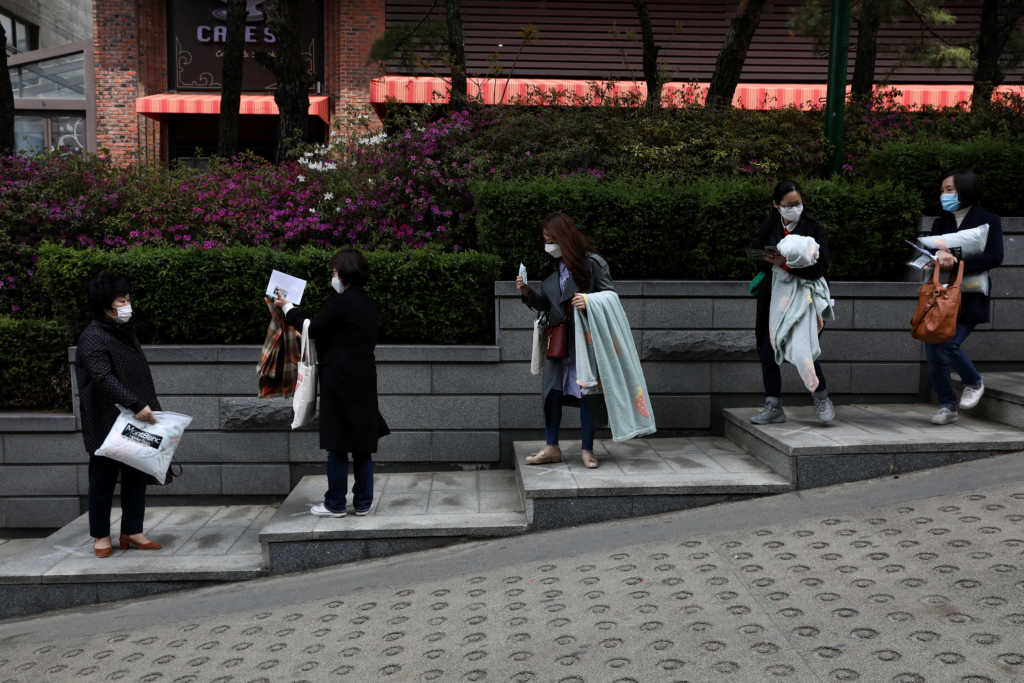The South Korean government has relaxed restrictions on places of worship, allowing followers of Jesus to reunite at churches across the country.
Despite the lockdown being lifted, many larger congregations have adopted critical infection control measures — such as taking the temperature of attendees — to ensure COVID-19 does not make an unwelcome resurgence.
According to Reuters, one of Seoul’s biggest churches, Onnuri Church, limited attendance to 700 despite boasting a sanctuary that seats 3,000. Members have also been required to sign up online ahead of the service and sit on designated seats in order to maintain a safe distance from others.
South Korea has been praised for its unique response to the virus, which involved tracking down all those who had been in close quarters with an infected person — a method known as “contact-tracing.”
This, combined with an expansive testing program, has helped the country keep infection rates down — the country has recorded just over 10,000 cases and 246 deaths; an extraordinary feat considering that in February, it was seeing an infection rate of just under 1000 per day.
The country also experienced its fair share of bad press. In February, as infections began to soar, health officials started pointing their fingers at a cult-like church in the city of Daegu. Soon, the Temple of the Tabernacle of the Testimony — part of the controversial “Shincheonji Church of Jesus” — was being labeled a “superspreader,” after large swathes of the congregation became infected.
The movement’s senior leader, Lee Man-hee, later apologized after it was confirmed that some 60% of the country’s cases were linked to his church.
“Although it was not intentional, many people have been infected,” the 88-year-old leader said at a press conference in March, dropping to his knees in shame. “We put our utmost efforts, but were unable to prevent it all.”



